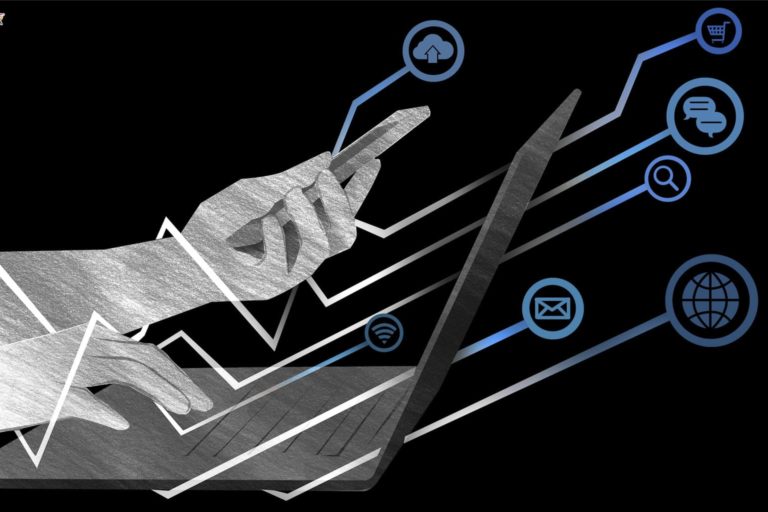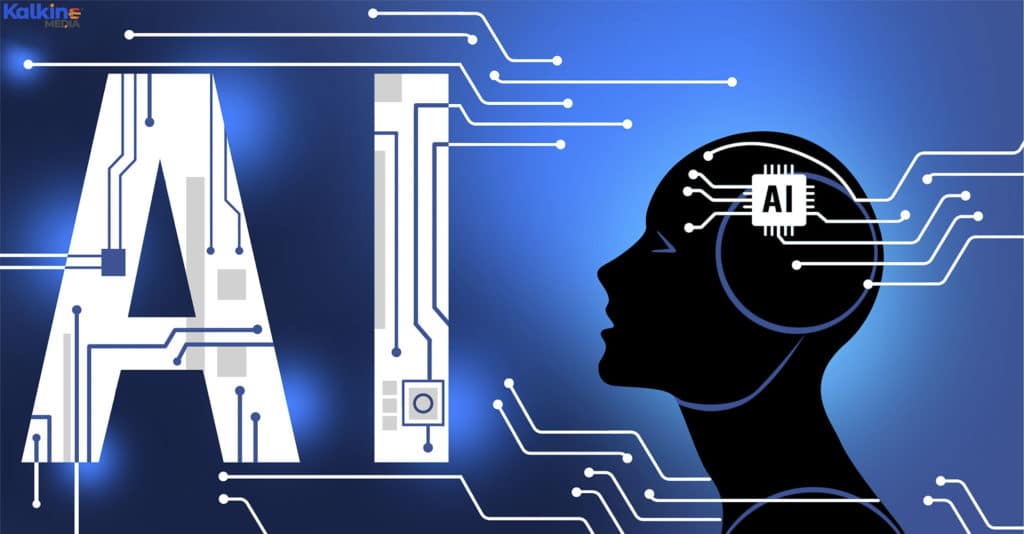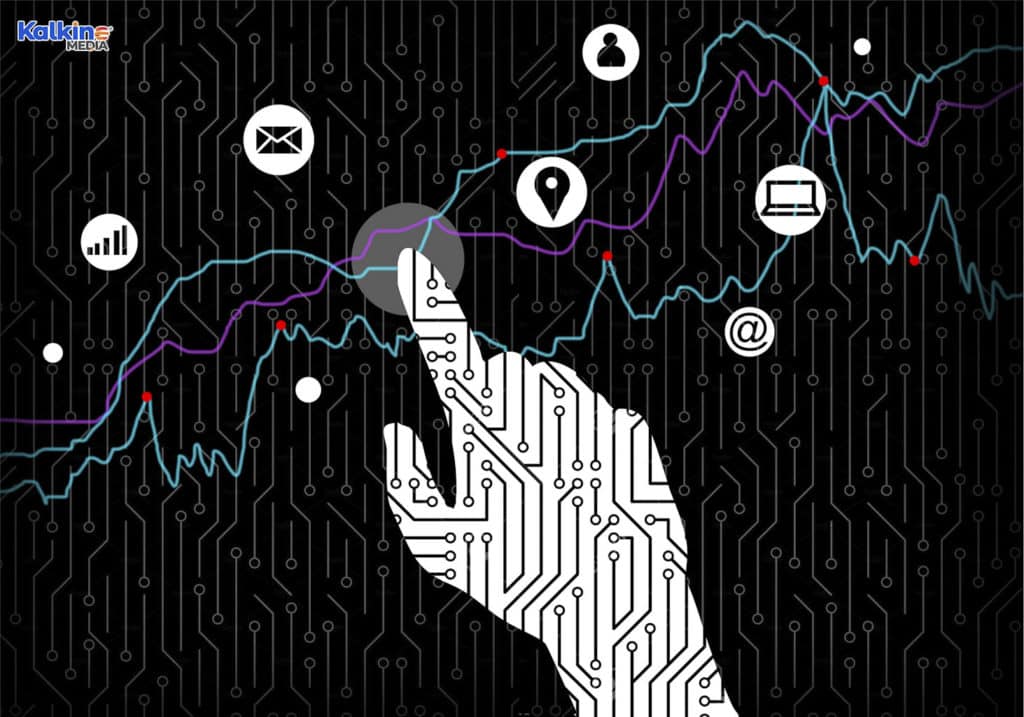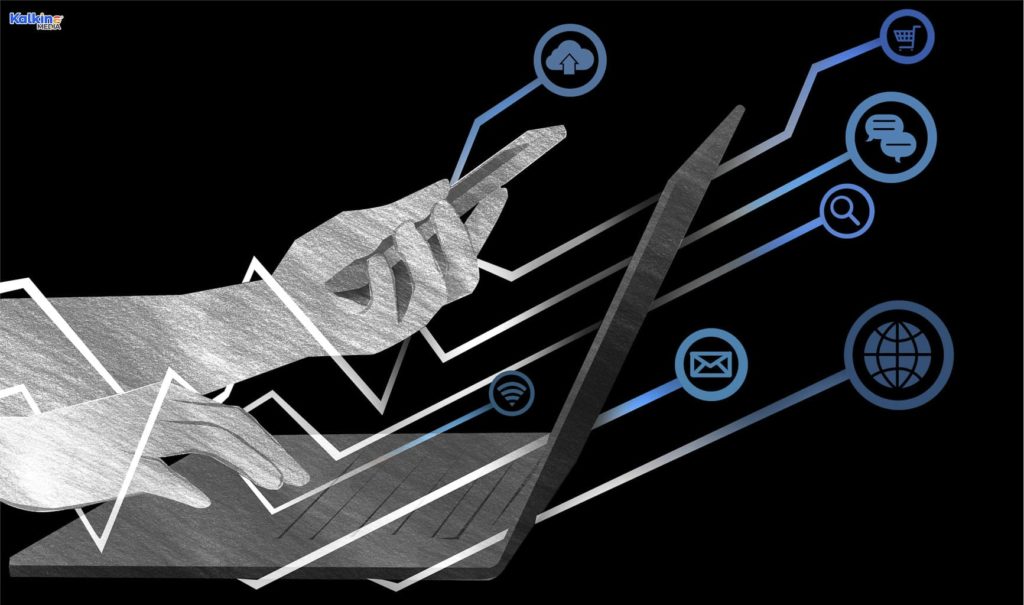HEALTHCARE
Is data at the heart of the new healthcare revolution?

WORDS: Kunal Sawhney , CEO of Kalkine Group PHOTOGRAPHY Supplied - Kalkine Group
The healthcare sector has rapidly transformed over the last few years, especially as the pandemic has called for a more robust structural change. Amid a string of changes awaiting the sector, integration of data-based technology sits at the top. Many healthcare companies are paying increased attention to patient data and ways to utilize it.
The healthcare revolution has arrived at a time when data science has taken over different walks of life. The increased awareness about consumer behaviour and the need to preserve and examine it has driven the data science revolution. Not surprisingly, this revolution has also seeped into the healthcare sector and created innovation ripples.
The healthcare sector is the perfect arena to implement data science due to a large amount of patient data available with hospitals and healthcare institutions. Such data is non-uniform and can be structured based on similar attributes.
This data is also significant as it helps develop research on diseases and major health issues that have not been fully diagnosed. Thus, data in healthcare is a promising combination as it can help cure many deadly diseases or at the very least diagnose them at treatable stages.
ALSO READ: Big data in Healthcare- Where is Australia placed?
A new boost to the healthcare sector
Patient data can be a useful tool to spot patterns and analyze what drives them. This practice can help improve life expectancy by deploying the appropriate medical response among patients. Most importantly, once these practices are implemented for long, the required medical and testing processes may become more cost-effective with time.
The impact of data on healthcare is so pronounced that it has developed its own field. This sector has seen the infusion of artificial intelligence, machine learning and cloud computing as helpful tools to achieve innovations in healthcare. These tools help understand and contribute to Big Data, which is data that is too large, fast or complex to process through traditional methods.
Traditionally, all hospital data is stored as electronic records, often sitting idle and not processable through regular tools. With data science, it is possible to utilize this data with the augmentation of biometrics software which can deliver a more customized experience.
Using data in a more comprehensive manner
Using technology such as artificial intelligence and machine learning helps in automation and maintaining accuracy in diagnostics. Together with data science, these technologies can help understand images and scans more effectively than now.
Doctors’ expertise can also be integrated into these technologies to some extent. For instance, certain types of cancers and illnesses can be treated in a much better way if they are diagnosed early on. However, it is also worth noting that these technologies will only be as proficient as the coding integrated in them.
With proper application, data science can also help shift toward preventive medicine. Currently, many treatments are aimed at curing diagnosed illnesses, which can be expensive and lengthy. However, with preventative medicine, it is possible to avoid the chances of a disease reaching a dangerous stage. Tools such as health tracking apps and wearable devices also help collect data about individuals. This data, collected on a more personal level, can offer more personalized solutions to problems faced by individuals.
Meanwhile, highly advanced tools such as virtual technology can be used to teach upcoming doctors and healthcare professionals. Virtual technology can help increase data science’s effectiveness by allowing remote information applications.
With the current boom in data science, ample evidence suggests that it will greatly assist the healthcare sector. Technology makes the existing information much more manageable and readable, opening more doors for the medical prognosis.
ALSO READ: Three top technologies taking healthcare by storm












